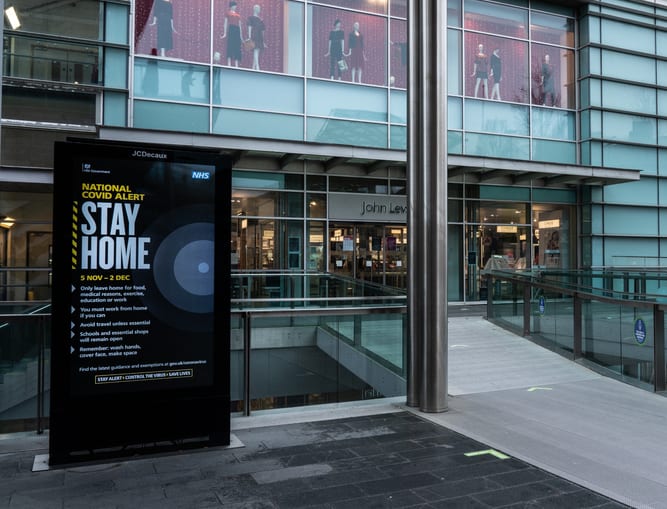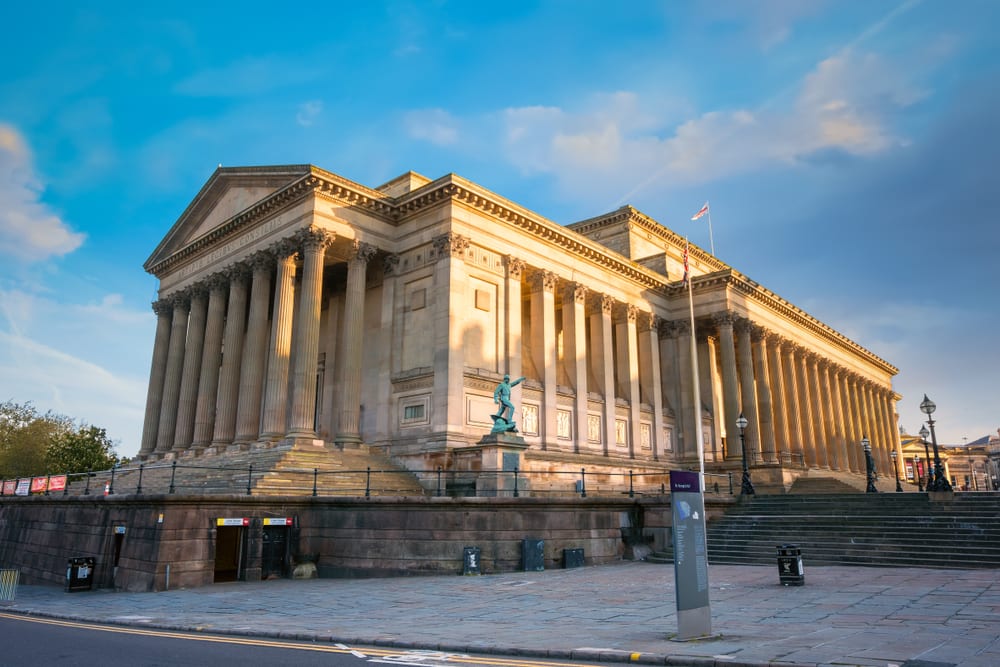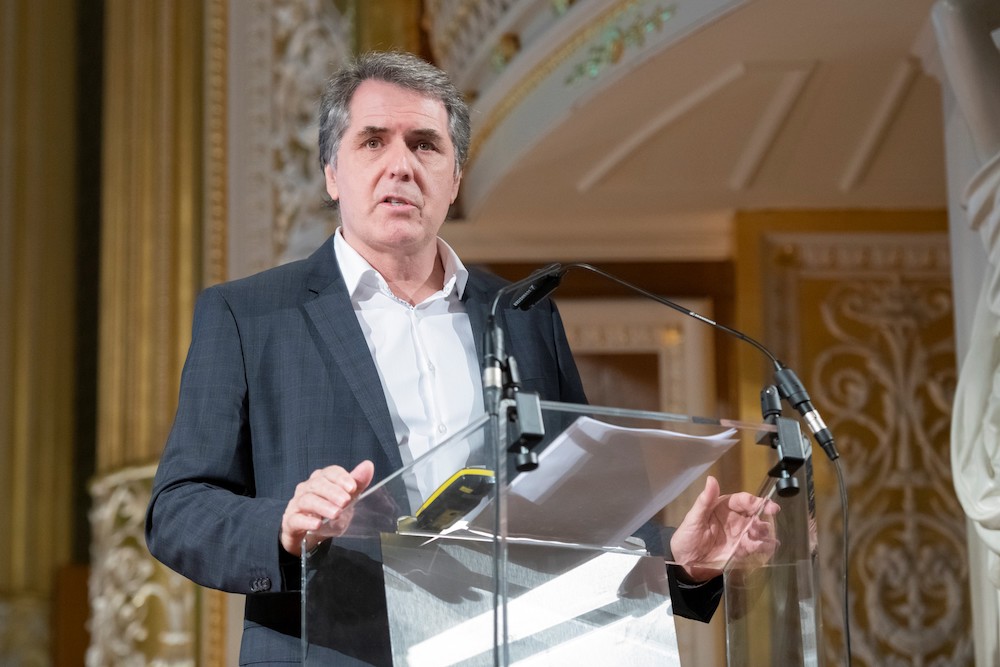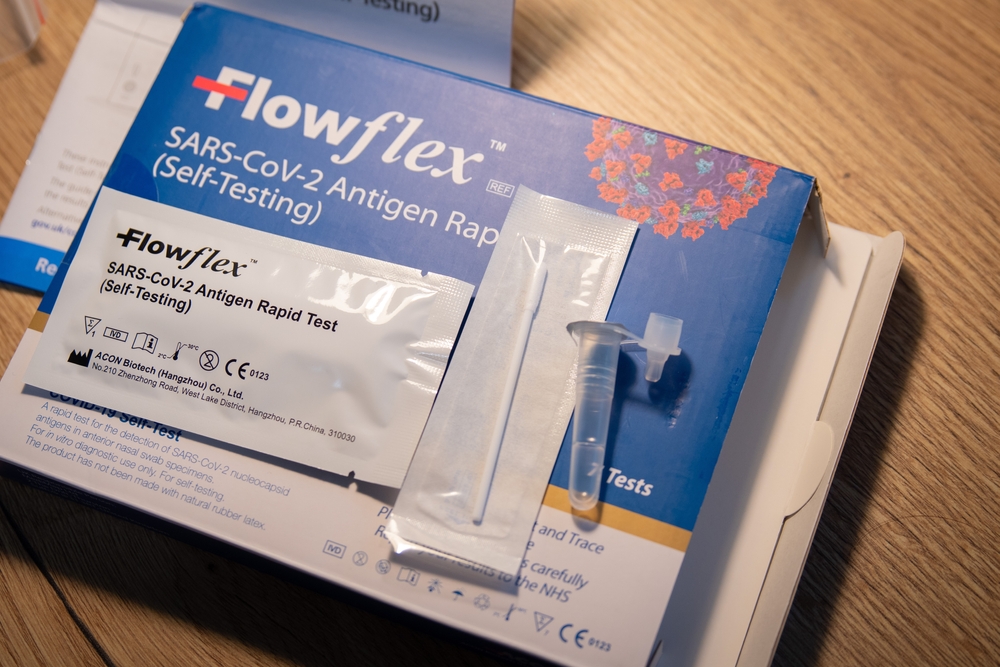
Coronavirus
How might England come out of lockdown?
5 years ago

How will England move out of lockdown, and what plans are in place, if any, to start making the transition?
Boris Johnson is due to set out a “road map” next month for how England emerges from the lockdown.
The Prime Minister said last week the “far more sensible approach” is to reopen “safely and cautiously”.
Lockdown measures will remain in place until at least March 8, Boris Johnson indicated as he earmarked that date for the reopening of England’s schools.
The Prime Minister confirmed that hopes of pupils returning to class after the February half-term have been abandoned.
The March date is based on progress in vaccinating the most vulnerable groups in society by mid-February and then giving the jab time to take effect.
Here is a look at some of the questions around what an eventual lifting of restrictions might look like.
What is likely to reopen first?
Schools. Mr Johnson has previously written that “keeping our schools closed a moment longer than absolutely necessary is socially intolerable, economically unsustainable and morally indefensible”.
Communities Secretary Robert Jenrick told BBC Radio 4’s Today programme on Wednesday that “education will continue to be our priority”.
He added: “Throughout the pandemic we’ve done everything we can to keep schools open, I continue to think that was the right call.”
Hinting that primary schools might reopen first, vaccine deployment minister Nadhim Zahawi has said studies about infection rates at primary schools had been “encouraging”.
Infection rates are much lower among primary school children, he said, adding that rates are around five times higher in secondary schools.
In a Commons statement after the UK’s death toll passed 100,000, he said he would set out the Government’s strategy for the “gradual and phased” easing of lockdown in the week beginning February 22.
But with reopening schools the Government’s top priority, it seems unlikely that other lockdown restrictions will be eased before classes return.
England’s schools are currently closed to all but vulnerable pupils and the children of key workers.
What about hospitality?
Earlier this month, some researchers suggested bars and restaurants should stay shut until May.
Dr Marc Baguelin, from Imperial College London, who sits on the Scientific Pandemic Influenza Group on Modelling (SPI-M) which advises the Government, said the opening of the hospitality sector before then would lead to another “bump” in transmission.
The British Beer and Pub Association has called for the Government to lay out a “clear road map” for the sector, warning that the prospect of places being forced to shut until May requires an extension of financial support “for them to survive and to brewers whose businesses also face jeopardy”.
And how does it look for travel?
Airline bosses are demanding that the Government provides an “urgent road map for the reopening of air travel” ahead of an expected announcement confirming the introduction of quarantine hotels for arrivals.
Whitehall sources have suggested ministers may opt to make quarantine hotels mandatory for people arriving in England from coronavirus hotspots, rather than all destinations.
Linda Bauld, professor of public health at the University of Edinburgh, said quarantine hotels are “absolutely essential” and suggested the lack of quarantine measures earlier in the pandemic had been “a major factor” in contributing to the current situation.
Ministers have warned in recent days that it is “too early” to speculate around holiday plans, but Health Secretary Matt Hancock has previously said: “I think we’re going to have a great British summer.”
What have the some of the top medics and scientists said about easing restrictions?
England’s chief medical officer Professor Chris Whitty has warned even a “very small change” while cases are high could cause a rapid resurgence, while chief scientific adviser Sir Patrick Vallance has warned against “getting too hooked” on specific dates for easing measures.
Experts from Edinburgh University said releasing all measures at the end of April – once all those in the first phase of the vaccination programme covering over-50s, those in high-risk groups and frontline health and social workers are expected to have been offered a jab – could still lead to a huge surge in cases.
Mark Woolhouse, professor of infectious disease epidemiology at the university said a “gradual relaxing” would be “much more likely to keep the pressure off the NHS than any wholesale relaxation”.
Dr Mike Tildesley, a member of SPI-M, has cautioned that we need to be “extremely careful” around easing restrictions, recalling early summer last year when he said “we very much flipped from everyone needs to stay at home to ‘let’s go and all go to the pub and eat out to help out’ – and we got this resurgence over the summer”.









 Subscribe
Subscribe Follow Us
Follow Us Follow Us
Follow Us Follow Us
Follow Us Follow Us
Follow Us Follow Us
Follow Us











